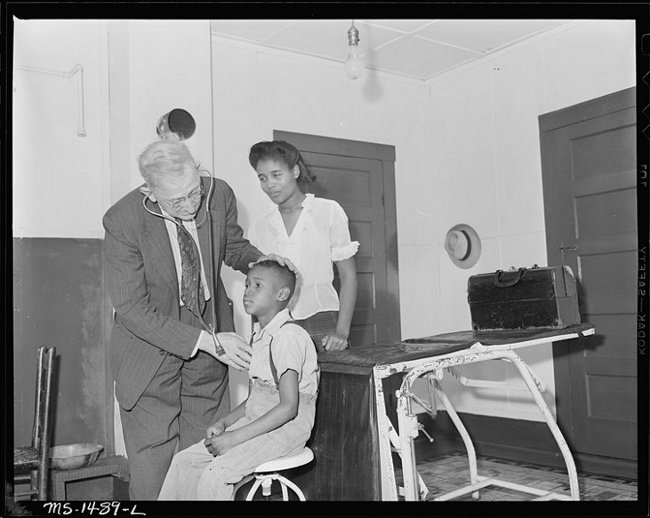Those Not Protected by Affordable Care Act Lack a Safety Net

From our content partner, New America Media:
Even though the Affordable Care Act will significantly reduce California’s uninsured population, unless county-run health programs are well funded, those who don’t enroll, or cannot enroll because of their income level or their undocumented status, will be left with an “uneven safety net,” according to a study released last week by the Health Access Foundation.
“The Affordable Care Act (ACA) should encompass everyone” evenly, asserted Maria Luna, an uninsured and undocumented resident, who had to move out of Yolo County to Los Angeles County so she could get treatment for the tuberculosis she was diagnosed with. Health care in Los Angeles County, she asserted during the teleconference when the study results were released, was more “immigrant friendly.”
The ACA bars the undocumented from accessing any federally funded programs.
The report comes at a time when counties are making crucial decisions in the coming weeks on the scope of their safety net programs for indigent care after the full implementation of the ACA on Jan. 1, 2014.
Because California has expanded its Medi-Cal program, known as Medicaid in the rest of the nation, under the ACA, an estimated additional 635,000 low-income individuals are expected to enroll in the program in the first year. The state has allocated $1.4 billion in its 2013- 2014 budget for the expansion.
But because there will be fewer uninsured people, the budget reduces funding for county indigent care programs by $300 million. And that amount is expected to shrink further as the ACA becomes fully implemented in the coming years and more uninsured residents secure health insurance.
Counties have traditionally been the provider of last resort for those who are uninsured and who cannot access health care through other means.
The state budget reallocation requires counties to submit funding plans to the state by January 2014, with initial decisions in November 2014.

“California is at a pivotal moment when counties have to decide about the future of our safety net,” said Anthony Wright, executive director of the Health Access Foundation.
Alex Briscoe, director of Alameda County’s Health Care Services Agency, said he is worried that a cut in funding to Alameda County is sure to “destabilize its safety net” and “adversely impact its most vulnerable population, those who are least likely to access health care in traditional settings.”
The county has been at the forefront of providing health care to all of its residents, regardless of their immigrant status. With an anticipated cut from its current funding of $51 million from the state to $15 million, Alameda County’s health program will not be able to meet the needs of the 100,000 residents expected to remain uninsured in the county after the ACA is fully implemented , Briscoe said.
Wright said that there is talk in some counties about reducing services for those who will remain uninsured, something that could lead to dire consequences.
Sen. Ed Hernandez, D-Covina, said that the Health Access report clearly points out one thing – that California has a two-tiered health care system -- one tier that caters to those who can afford health care, and another that denies it to the poor and undocumented.
Vanessa Aramayo, with California Partnership, a statewide coalition focused on poverty issues, pointed out that there “are millions of Marias out there” who have a hard time accessing health care and end up using hospital emergency rooms as primary care centers.
“Disease does not discriminate between legal and (undocumented) status,” she warned.






























































































































































































































































































































